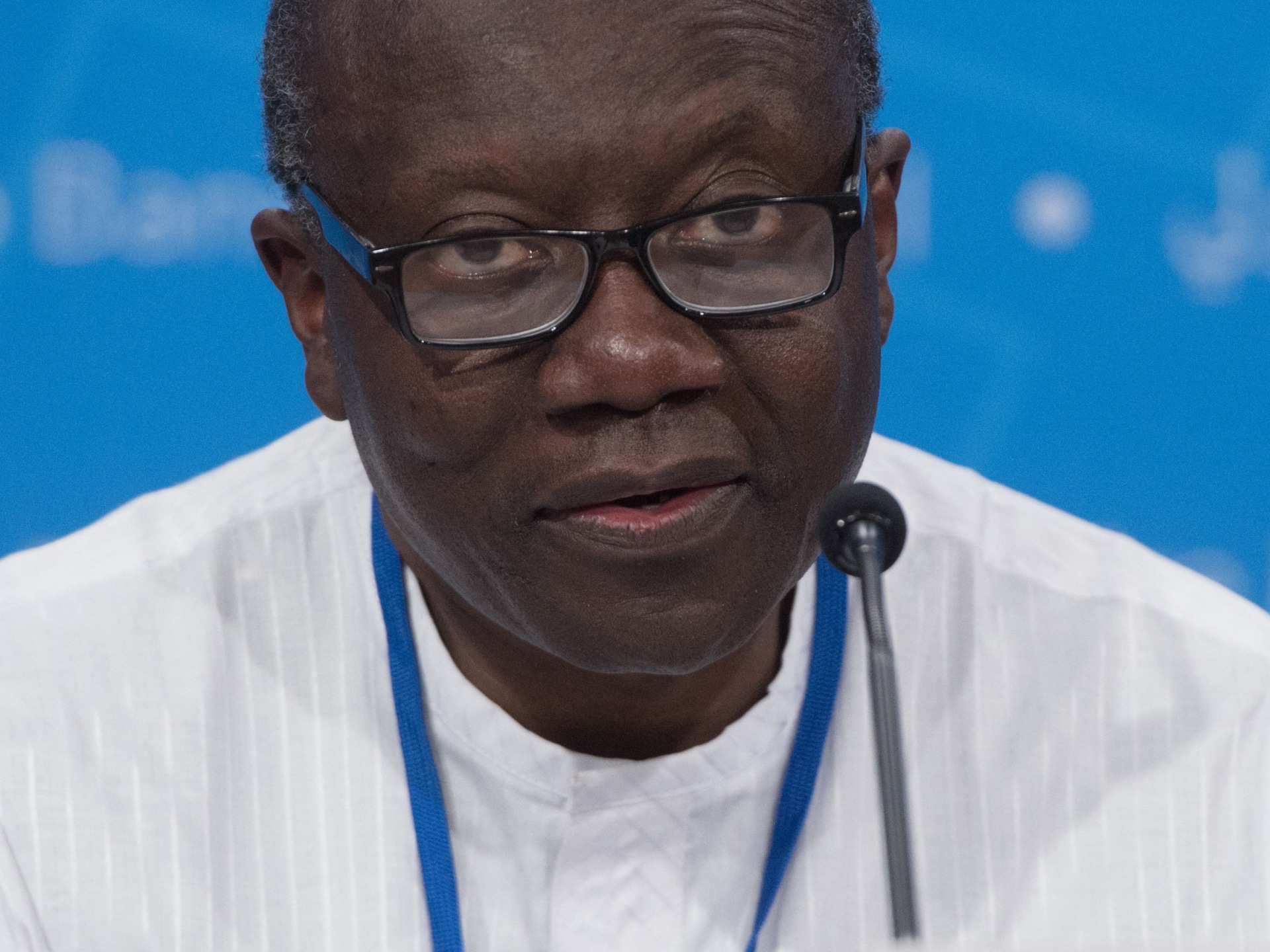Finance minister Kenneth Ofori-Atta faced an enquiry from lawmakers amid Ghana’s worst economic crisis in a generation.
Ghana’s finance minister said on Friday that he was “truly sorry” for the country’s economic hardship but defended himself against accusations that he is unfit for the job.
Minister Kenneth Ofori-Atta faced an inquiry from lawmakers for his financial management, as the government came under increasing pressure and President Nana Akufo-Addo faced growing criticism for what has become Ghana’s worst economic crisis in a generation.
In the middle of the inquiry and crisis, the government has also been negotiating up to $3bn in credit from the International Monetary Fund (IMF) to help shore up public finances.
A top cocoa and gold producer, Ghana also has oil and gas reserves, but its debt service payments are high and like the rest of the continent it has been hit hard by fallout from the global pandemic and the Ukraine war.
The Ghanaian cedi has plummeted more than 40 percent this year, straining importers of both raw and processed materials. Consumer inflation hit a 21-year high of 40.4 percent in October on the back of soaring import costs.
Against this backdrop, Ofori-Atta has faced censure with lawmakers from both major political parties calling for his removal from office. Last week, parliament set up a committee to investigate opposition allegations that he has been benefitting from Ghana’s economic woes through illegal payments and unethical contracts, among other charges.
In his first public comments on the matter, the embattled minister said he was concerned about the West African country’s woes, but added that the accusations were unfounded.
“I acknowledge our economy is facing difficulties and the people of Ghana are enduring hardships,” he said.
“As the person President Akufo-Addo has put in charge of this economy, I feel the pain personally, professionally, and in my soul.”
He said that by the end of the hearing, the “unfounded doubts about my motives, my competence and my character would have been dispelled”.
He also denied claims that he had misreported economic data to parliament and that his policies were to blame for the cedi’s steep decline. “The idea that the depreciation of the cedi is a result of fiscal risk and recklessness is not supported by the available facts,” said Ofori-Atta.
The parliamentary committee will probe the allegations against the minister before deciding to present a motion of censure to the parliament, which is equally split between the governing NPP and the opposition NDC party. The president has the final word on whether to dismiss the minister.
Earlier this week, Akufo-Addo fired the government’s junior finance minister, Charles Adu Boahen, over corruption allegations after he appeared in an expose. Earlier this month, protesters also called for the president’s resignation amid spiralling food and fuel costs.
